
Foods that make you bloated can make you feel very uncomfortable, and you’ll wish you knew what you ate that made you feel like this. While bloating is a relatively commonplace issue, with many people experiencing the issue regularly, it’s also an unwanted state of being. It’s hard to enjoy your day when your stomach feels swollen, overly full, or painful.
Bloating happens when there’s a build-up of gas in your digestive system, and it can be accompanied by a range of other gastrointestinal symptoms, such as cramping, stomach pain and flatulence. Bloating can also be the result of a range of different issues, from medical conditions like Irritable Bowel Syndrome (IBS), to the use of specific medicines or accidentally eating foods you’re sensitive to.
Learning how to look out for the foods that make you bloated is a great way to reduce your risk of discomfort after eating, and follow a more mindful diet that leaves you feeling well and healthy.
The Top Foods That Make You Bloated
Notably, some foods are naturally connected to bloating because they produce excess gas and inflammation in the intestinal tract and stomach. However, some people also experience bloating because they’re intolerant or sensitive to a specific food.
Learning which foods you’re most genetically likely to be sensitive to with a DNA test can be an excellent way to discover the truth about why certain foods affect you differently compared to your friends.
Here are some of the top foods that make you bloated, and insight into the science behind the bloating symptoms.
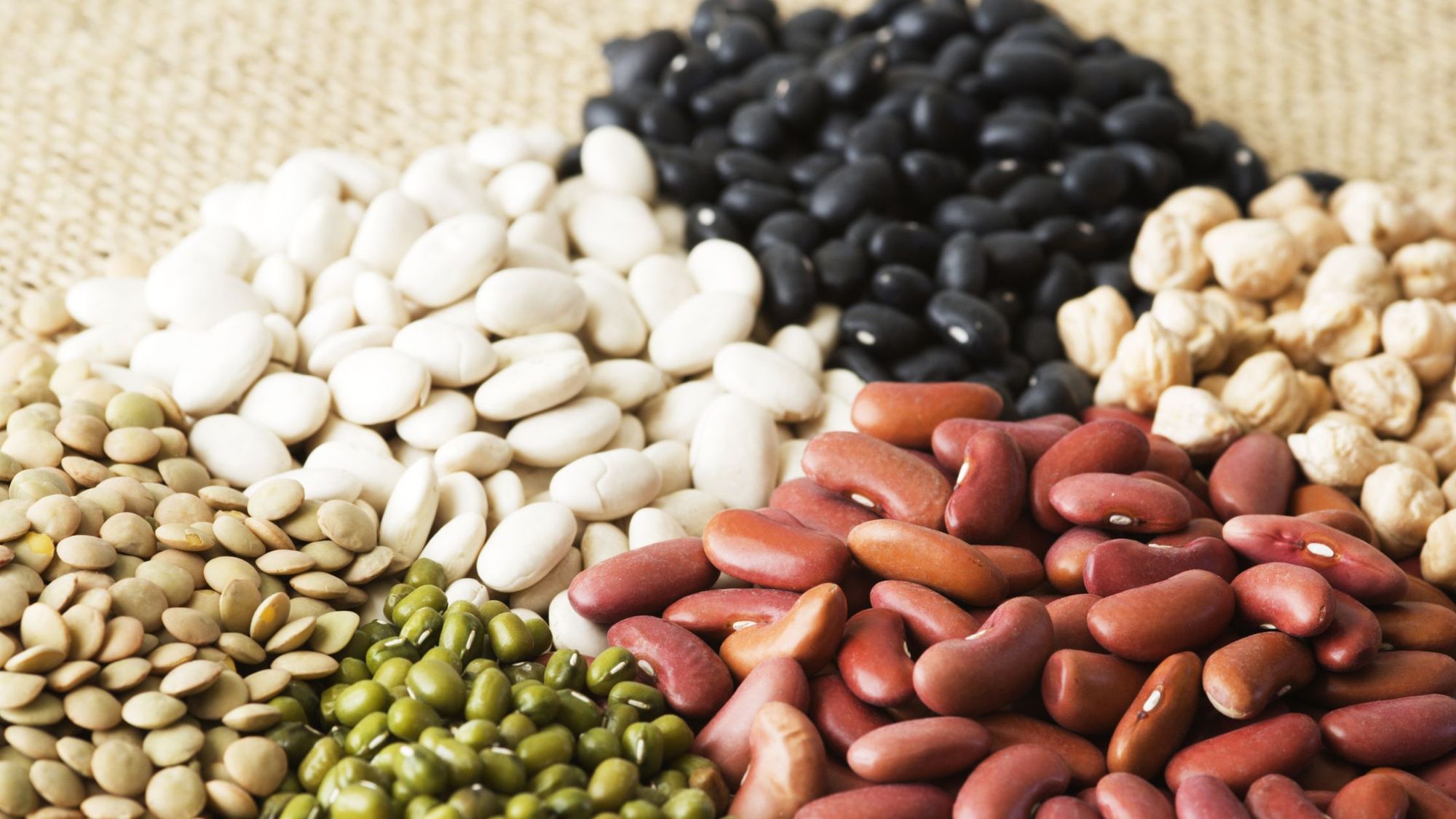
1. Beans and Lentils
Beans and lentils are a kind of “legume” – types of produce which contain high levels of carbohydrates and protein. They’re rich in fiber, alongside various nutritious vitamins, and minerals. However, they also contain a lot of oligosaccharides and alpha-galactosides.
These substances, also known as “FODMAPs” are indigestible sugars which sit in your digestive tract, fermenting and causing a build-up of gas. While most people aren’t negatively affected by FODMAPs, people with conditions such as irritable bowel syndrome can experience flatulence, cramping, diarrhea, and bloating after eating these products. Soaking and sprouting beans and lentils can help to minimize the FODMAPs in your food.
2. Processed Meats
Processed foods such as processed Deli meat are particularly problematic for people who are prone to bloating. These meats are processed using various substances, including salt. To make matters worse, they also contain various chemicals and other products which can contribute to issues such as COPD, heart disease, and a higher risk of certain cancers.
If you’re a meat-eater, you’ll reduce your sodium intake and bloating by sticking to fresh cuts of meat, or choosing low-salt variations of your favorite sandwich options. Freshly roasted meats are generally better for those who suffer from bloating too.
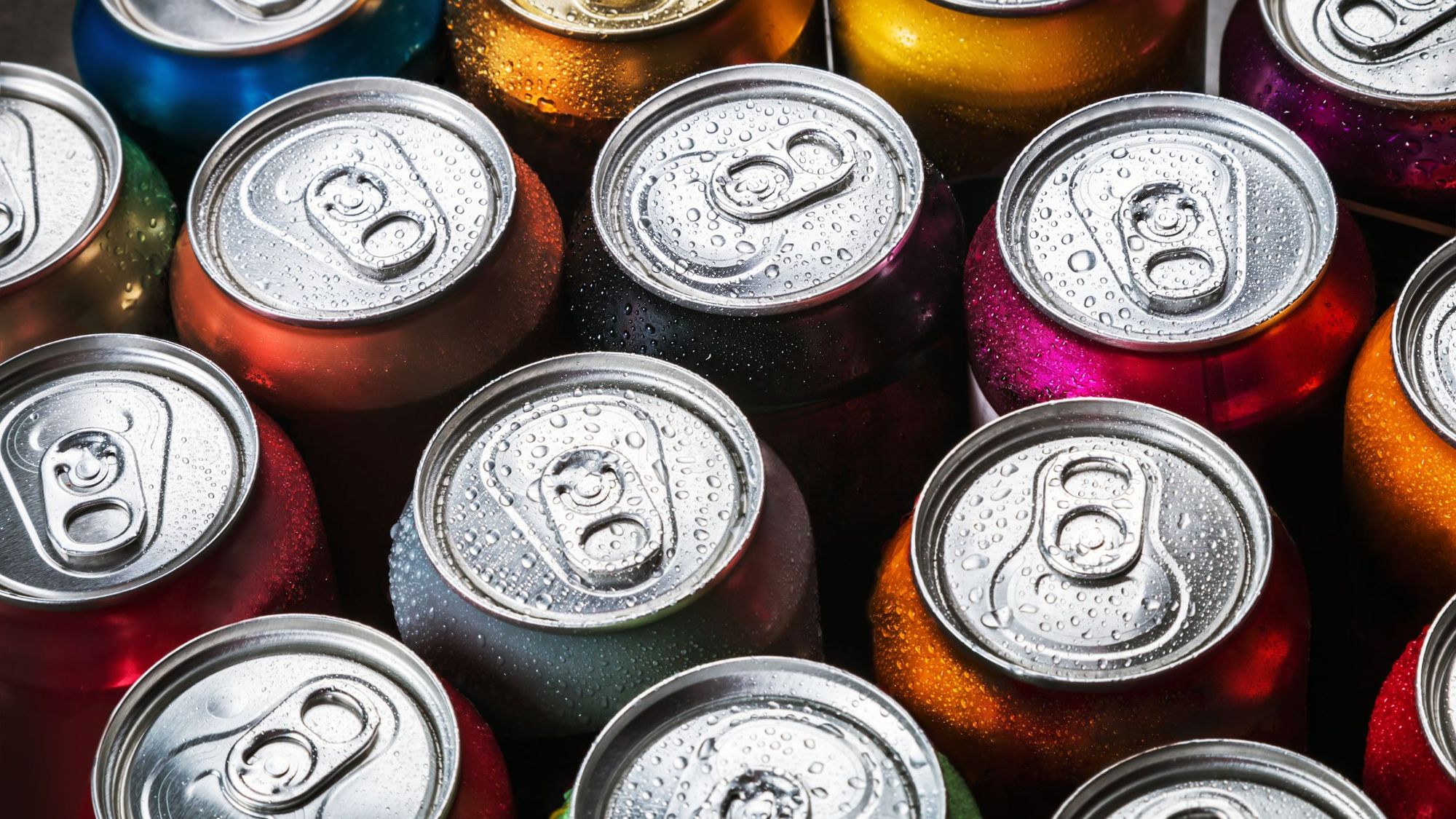
3. Carbonated Sodas
It’s probably no surprise that fizzy drinks are one of the top foods that make you bloated. These drinks are high in sugar and artificial sweeteners, which can cause a range of health issues. They also contain high amounts of carbon dioxide, a gas which can become trapped in the intestine and create pressure.
Diet sodas which are high in sugar alcohols such as sorbitol and xylitol can cause even higher amounts of gas, bloating, and belching. Sticking to fruit-flavored still waters or simply plain water is an excellent way to cut down on your stomach upsets.
4. Pizza
Pizza may be one of the world’s favorite foods, but it’s also brimming with ingredients which can cause extra bloating and stomach distress. Pizza, whether ordered from a take-out or cooked at home is packed with fat and salt. Studies show high levels of salt or sodium significantly increase your risk of bloating, while contributing to water retention.
Fatty foods also delay stomach emptying and digestion, which makes you feel uncomfortably full for longer. Cheese on pizza can also worsen your stomach conditions if you have a sensitivity to dairy.
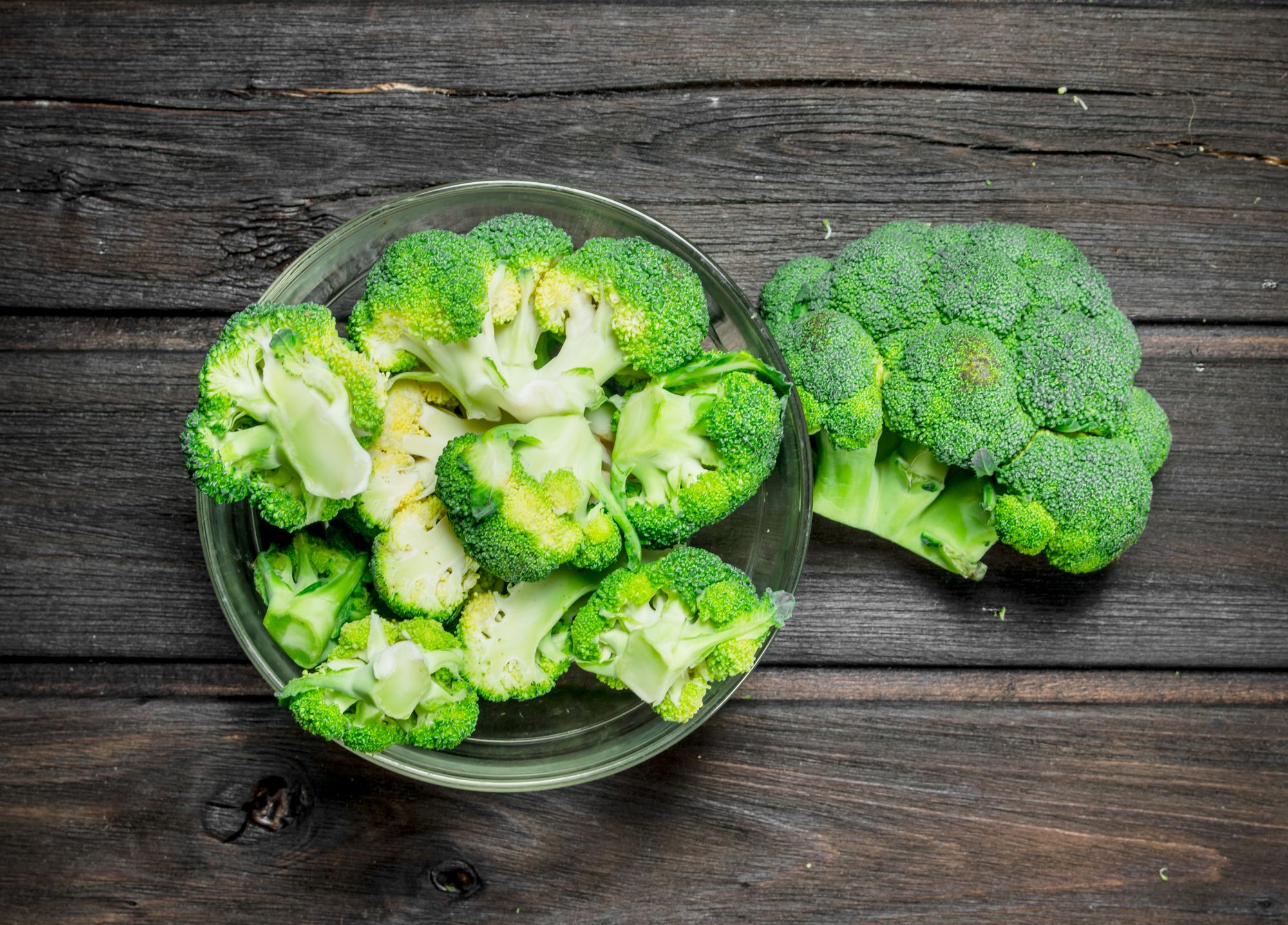
5. Broccoli
Cruciferous vegetables including broccoli, cauliflower and cabbage are highly nutritious, with plenty of fiber, vitamin C, vitamin K, potassium, and iron to offer. Unfortunately, these foods also contain FODMAPs such as fructan and raffinose, which can increase bloating. Human beings don’t possess the right enzyme to break down these substances, so they’re fermented by bacteria in the gut, producing hydrogen, methane, and carbon dioxide.
Not only do these foods make bloating more common, but they can also cause smellier flatulence too, as a result of the methane build-up. Cooking these foods can make them easier to digest, or you could consider switching to other nutritious vegetables.
6. Wheat, Rye, and Barley
Barley, rye, and wheat are some of the most common grains, used in everything from bread to pasta. They’re packed with both soluble and insoluble fiber, which can both support the digestive system, and cause significant stomach upsets. All of these grains are sources of FODMAPs, which can cause uncomfortable bloating in people with digestive issues.
Additionally, wheat, rye, and barley are also high in gluten, which can be problematic for people with celiac disease or a gluten sensitivity. Research suggests up to 6% of people in the US have gluten sensitivities which cause similar symptoms to celiac disease.
7. Onions
Onions are a delicious addition to countless meals and sauces. They’re rich in nutrients and antioxidants, and can even help with boosting bone density. However, they also contain fructans, soluble fibers which can often cause bloating.
Some people also have sensitivities to certain compounds in onions, which can be more severe when these products are eaten raw. Cooking onions could reduce this problem, but you can also consider experimenting with different herbs and spices to liven up your meals.
8. Pickles
Pickles are a fantastic probiotic, and a delicious addition to multiple meals. The fermented nature of these foods can make them ideal for gut health, but they can also cause your belly to bloat. If you have a sensitive stomach, the fermentation could interact negatively with the bacteria in your stomach.
Pickles are also high in one of the most common foods that make you bloated – salt. The high sodium levels can increase your water retention, particularly if you’re sensitive to sodium. Check your DNA test for insights into how well your body can tolerate salt.
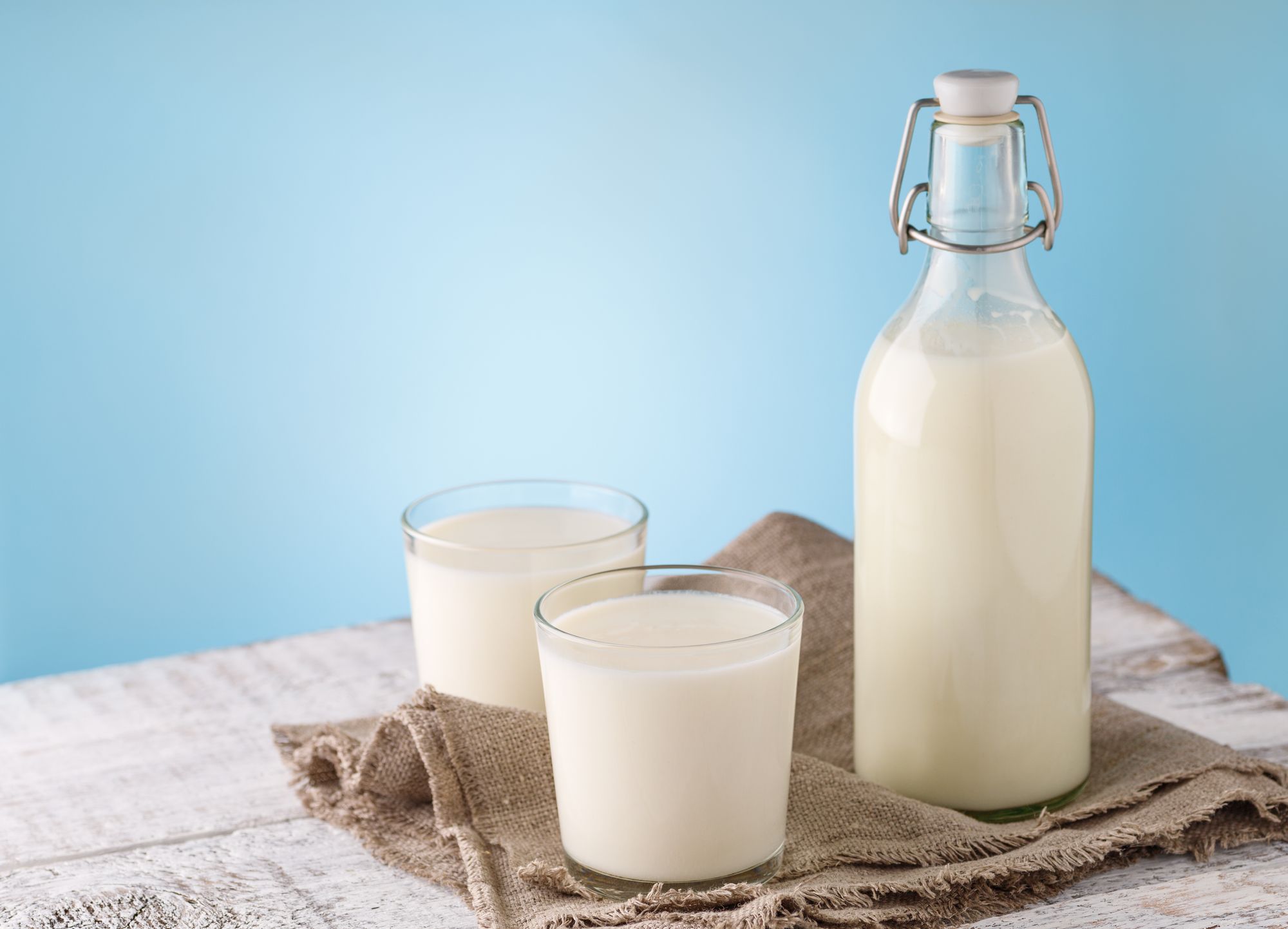
9. Milk
For most people, milk and yogurts are an excellent source of calcium and protein. However, a significant portion of the population has either a dairy intolerance, or sensitivity which can cause a range of symptoms, including bloating.
If you notice you frequently feel stomach pain and have gas or cramping after eating dairy, this could be a sign you’re lactose intolerant. Lactose-free alternatives might be a good option, but avoid anything with the thickening agent carrageenan, as this can also cause inflammation.
10. Sugar-Free Gum
Sugar-free gum is an excellent choice for people who want to cut down on bad habits such as smoking, but it may be problematic for those who suffer from bloating. These gums are often high in sugar alcohols, a form of carbohydrate which can’t be easily digested by the stomach.
Even if you don’t swallow your gum, the sugars can still make their way into the intestinal tract, where they’re fermented to release gas. Look out for sorbitol, maltitol, and xylitol in your sugar-free gum options.
11. Canned Soup
If you’re looking for a comforting winter meal with plenty of vegetables, it’s usually a good idea to consider making your own soup at home, rather than relying on canned alternatives. Even if your soup appears to be low in calories or fat, most cans are brimming with sodium for preservation.
When you flood your body with the sodium in canned foods, your kidneys can’t process the substance quickly enough, which leads to water retention and bloat.
12. Apples
One of the most popular fruits in the world, Apples are high in vitamin C, fiber, and antioxidants. However, they can cause digestive issues because they’re high in fructose. Fructose is a form of FODMAP, and the main source of the fiber in apples. Fructose can be fermented in the large intestine, which causes bloating and gas.
Cooking your apples can make them easier to digest, or you can swap them out for other nutrient-rich fruit options such as bananas, grapefruit, oranges, and strawberries.
13. Coffee
If you’re lactose intolerant, you know adding milk and cream to your coffee will usually cause bloating and other digestive issues. However, even black coffee with no additives can cause some problems too. The acidic substance can irritate sensitive stomachs, causing swelling and inflammation which feels similar to bloating.
Adding artificial sweeteners to the mix can make the problem even worse, by increasing the number of non-digestible components in your morning drink.
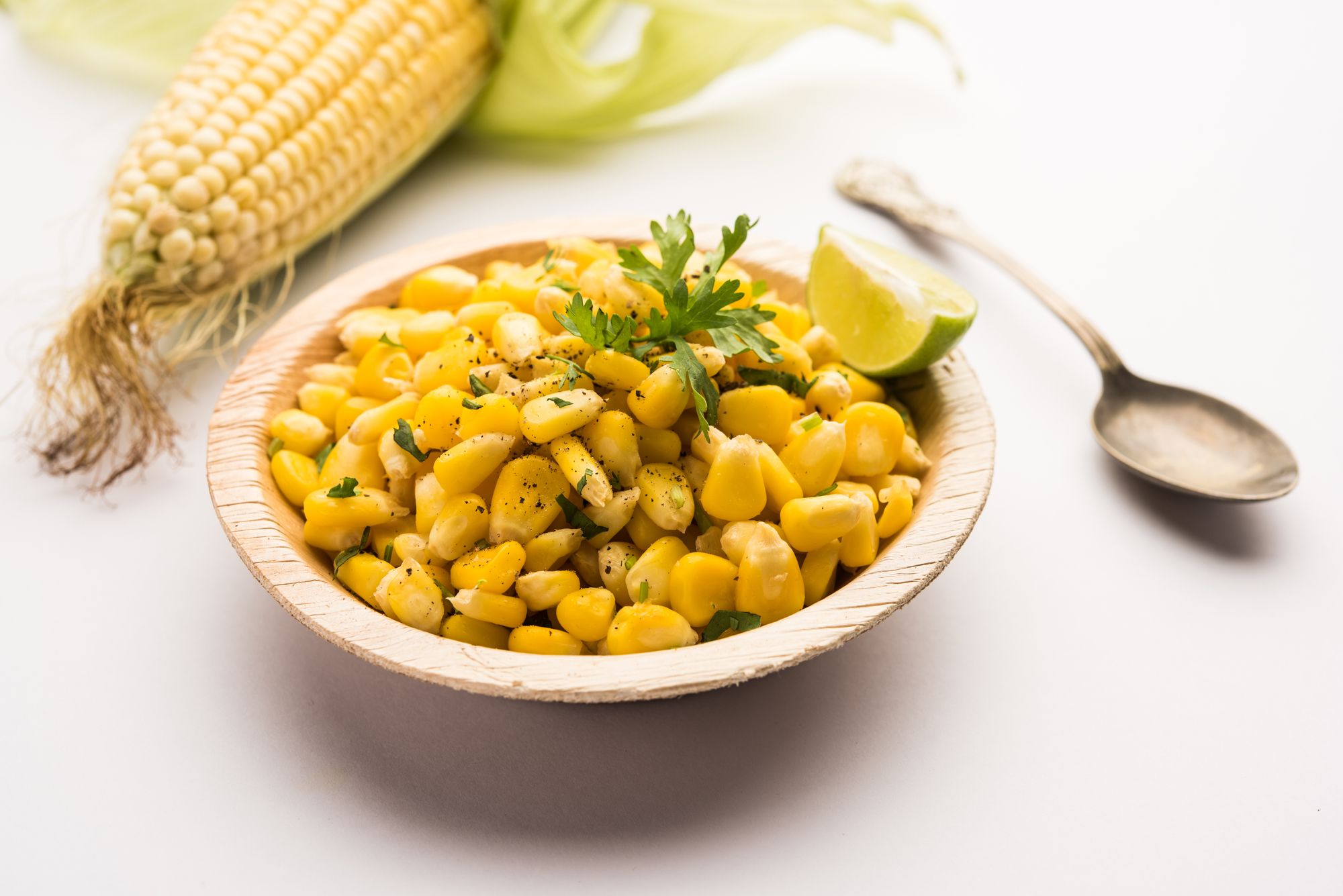
14. Corn
Corn is another food which contains a lot of difficult-to-digest carbohydrates and insoluble fiber. Corn is difficult for the body to break down naturally, which can lead to a higher risk of GI fermentation and trapped gas. In some cases, people can even have a sensitivity to corn which causes them to feel more stomach pain and bloating.
Notably, corn can cause bloating in multiple forms, whether you’re eating it roasted, or popped. Popcorn can be a particular issue because it’s often covered with artificial sweeteners or salt.
15. Beer
Beer isn’t just a carbonated beverage; it’s packed with various ingredients which can contribute to both gas and bloating. The product is rich in fermentable carbs such as wheat, maize, and barley, as well as yeast. The grains used to brew beer are also high in gluten, which can be an issue for people who have sensitivities.
Limiting your intake of beer can help to prevent bloating. You can also switch to other alcoholic alternatives including red wine or white wine, but avoid anything with high amounts of sweetener.
Reducing Your Intake of the Foods That Make You Bloated
Foods that make you bloated can be a real problem for a lot of people, particularly those with sensitivities, intolerances, and stomach issues. There are various ways you can reduce your risk of bloating, from drinking plenty of fluids to help food move through your digestive tract, to chewing more so food is easier to digest.
However, the easiest option is simply to figure out which food sensitivities you might have. You may have genetic food sensitivities that are causing you to get bloated, which you can often find out with testing such as DNA tests and blood tests. Figure out which foods are most likely to cause negative side effects in your diet. This way, you can eat more mindfully, and avoid anything which may lead to symptoms such as bloating, gas, and pain.
References:
- NCBI: Bloating and Abdominal Distension: Clinical Approach and Management. https://www.ncbi.nlm.nih.gov/pmc/articles/PMC6824367/
- NCBI: Effects of the DASH Diet and Sodium Intake on Bloating: Results From the DASH-Sodium Trial https://pubmed.ncbi.nlm.nih.gov/31206400/#:~:text=Regardless of the diet%2C high,1.52%3B P %3D 0.01)
- NCBI: Non-celiac gluten sensitivity: All wheat attack is not celiac https://www.ncbi.nlm.nih.gov/pmc/articles/PMC5677194/






